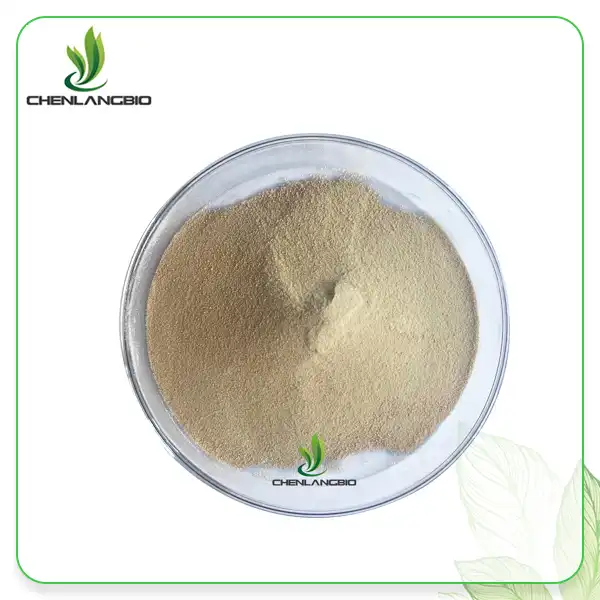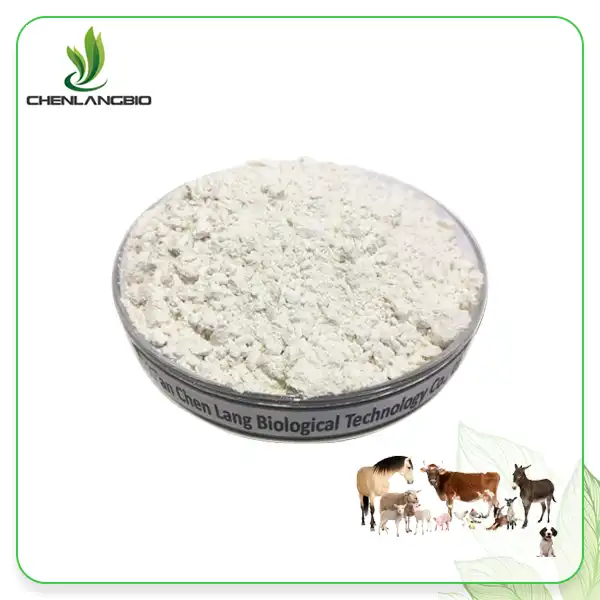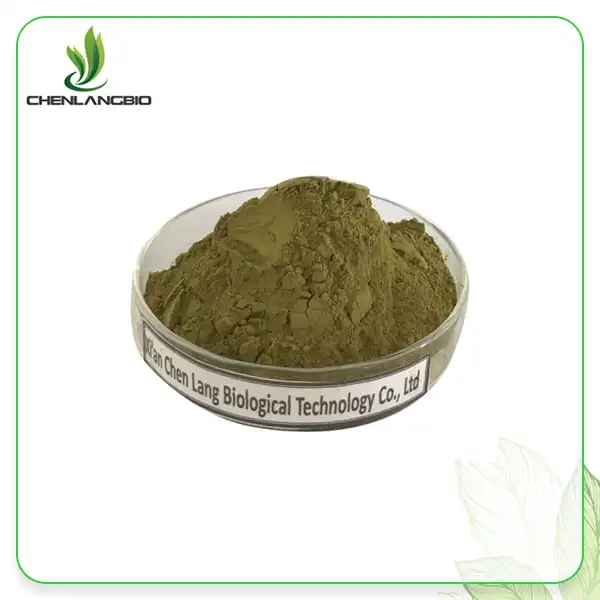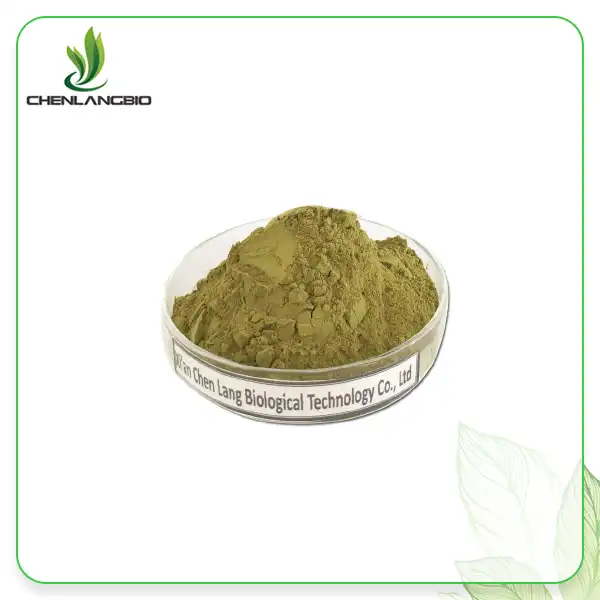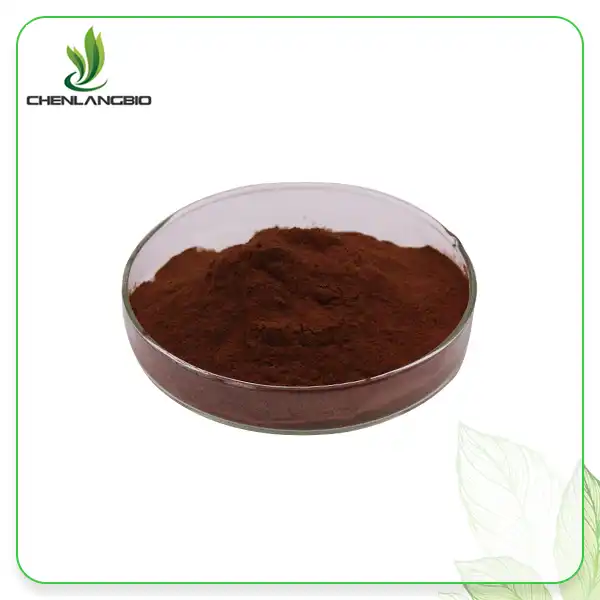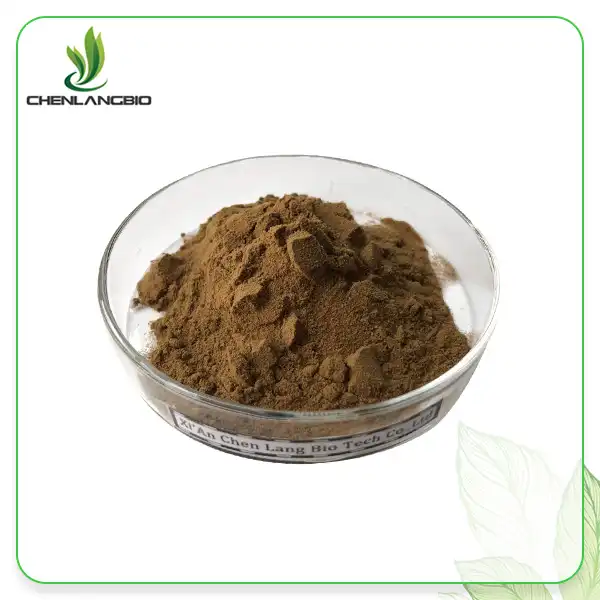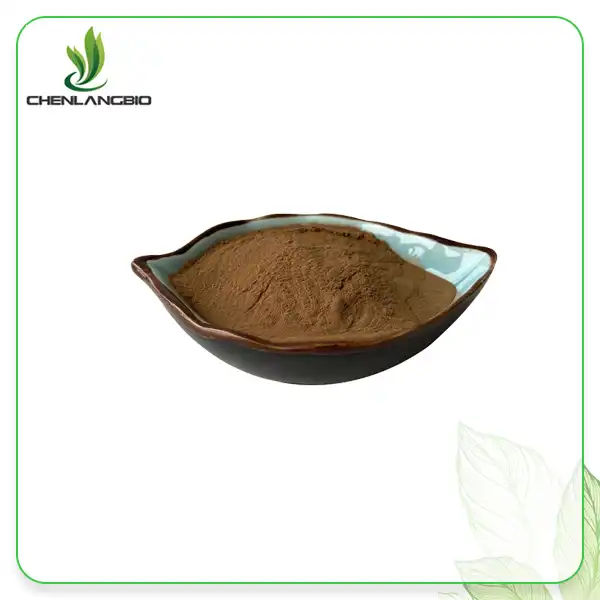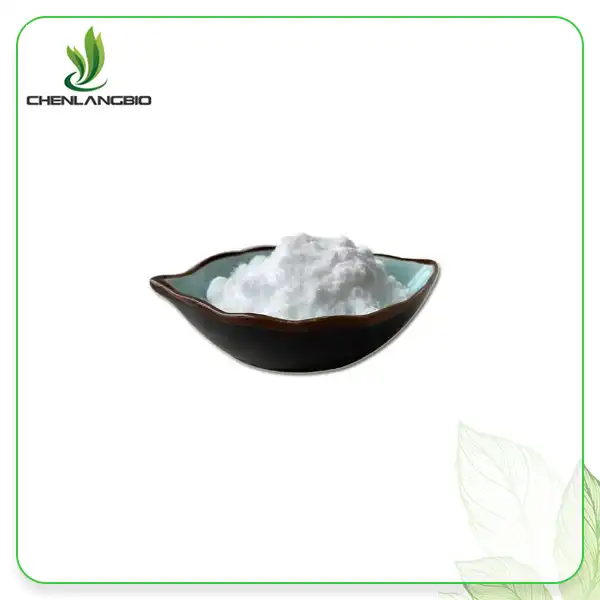Is Honokiol the Same as Magnolia Bark
2024-02-21 11:35:52
What is Magnolia Bark?
Magnolia bark, an ancient remedy rooted in traditional Chinese medicine, has gained attention in recent years for its potent health benefits. One of the key active compounds found in magnolia bark is magnolol and honokiol, which has been studied extensively for its remarkable properties.In this article, we will delve into the world of honokiol, exploring its origins, health benefits, and how it relates to magnolia bark extract powder.
The Origins of Honokiol
Honokiol is a natural phenolic compound that can be found in various species of the Magnolia genus, including Magnolia officinalis and Magnolia grandiflora. These trees, native to East Asia and North America, have been used in traditional medicine for centuries to treat a wide range of ailments.
Magnolol and Honokiol Benefits:
★Anti-Inflammatory Properties:
Honokiol is celebrated for its potent anti-inflammatory effects. It can help reduce inflammation in the body, which is a common underlying factor in many chronic diseases, including arthritis, heart disease, and cancer.
★Antioxidant Abilities:
As a powerful antioxidant, it helps combat oxidative stress, protecting cells from damage caused by free radicals. This property contributes to its potential in preventing various chronic diseases and supporting overall health.
★Stress and Anxiety Relief:
It has demonstrated anxiolytic (anxiety-reducing) effects in several studies. It acts on the central nervous system by modulating neurotransmitters, offering a natural alternative for managing anxiety and stress.
★Neuroprotective Effects:
Research suggests that honokiol may have neuroprotective properties, making it a potential candidate for treating neurodegenerative disorders like Alzheimer's disease and Parkinson's disease.
★Anti-Cancer Potential:
Some studies have explored honokiol's ability to inhibit the growth of cancer cells and induce apoptosis (cell death) in various cancer types. While more research is needed, these findings offer hope for future cancer treatments.
Is Honokiol the Same as Magnolia Bark?
No, honokiol is not the same as magnolia bark, but it is one of the active compounds found in magnolia bark. Magnolia bark contains a mixture of bioactive compounds, including honokiol and magnolol. These compounds work in synergy to provide the health benefits associated with magnolia bark extract.
Main Contents in Magnolia Bark Extract Powder
Honokiol: As discussed earlier, honokiol is a major bioactive compound in magnolia bark extract. It plays a crucial role in many of the health benefits associated with this natural remedy.
Magnolol: Another important compound found in magnolia bark extract is magnolol. It shares some similar properties with honokiol, such as anti-inflammatory and antioxidant effects.
Polyphenols: Magnolia bark extract is rich in polyphenols, which are known for their antioxidant properties. These polyphenols help protect cells from oxidative damage.
Terpenes: Terpenes are aromatic compounds found in magnolia bark that contribute to its distinct scent and may have potential therapeutic effects.
Is Honokiol Safe to Take?
Honokiol, when used in appropriate doses and under the guidance of a healthcare professional, is generally considered safe for most people. It has a long history of use in traditional medicine, primarily in East Asia, and has been consumed as part of the magnolia bark for centuries without reports of widespread adverse effects.
However, as with any natural supplement or medication, there are important considerations to keep in mind:
Dosage:
The appropriate dosage of honokiol can vary depending on the specific health concern and individual factors. It's crucial to follow the recommended dosage provided by a healthcare practitioner or the product label. Taking excessive amounts of any substance, including honokiol, can lead to adverse effects.
Interactions:
Honokiol may interact with certain medications or medical conditions. If you are taking prescription medications or have underlying health issues, consult with a healthcare professional before adding honokiol to your regimen to ensure it won't interfere with your current treatment plan.
Pregnancy and Breastfeeding:
The safety of honokiol during pregnancy and breastfeeding has not been extensively studied, so it's advisable for pregnant or nursing women to consult with a healthcare provider before using it.
Allergies:
Individuals with known allergies to magnolia bark or related plants should exercise caution when considering honokiol supplements.
Honokiol Side Effects:
While it is generally well-tolerated, some individuals may experience mild side effects, such as dizziness, nausea, or gastrointestinal discomfort. If you experience any unusual or severe side effects, discontinue use and consult a healthcare professional.
Quality and Source:
Ensure that you are purchasing honokiol supplements from reputable sources that adhere to quality and safety standards. Poor-quality products may contain impurities or incorrect dosages.
Conclusion:
Honokiol, derived from magnolia bark, is a remarkable natural compound with a wide range of health benefits. Its anti-inflammatory, antioxidant, anxiolytic, and potential anti-cancer properties make it a subject of ongoing research and a promising option for improving health and well-being. While honokiol is not the only bioactive compound in magnolia bark, it plays a significant role in the overall efficacy of magnolia bark extract powder. As scientists continue to uncover its therapeutic potential, magnolol and honokiol remains a fascinating and valuable component of traditional medicine.XI AN CHEN LANG BIO TECH CO., LTD supply high quality magnolia bark extract powder, please send inquiry to Email: admin@chenlangbio.com if you want to buy magnolol and honokiol.
Send Inquiry
Related Industry Knowledge
- Can 3-O-ethyl Ascorbic Acid Improve Collagen Synthesis and Skin Elasticity?
- What are the Benefits of Chondroitin Sulfate Powder?
- What is the Difference between Alpha-Ketoglutarate and Calcium Alpha-Ketoglutarate Monohydrate?
- Can Chondroitin Sulfate Powder Help with Arthritis?
- How to Eat Phellinus Linteus?
- Can Kopexil Be Used with Other Hair Loss Treatments?
- How is Mung Bean Peptide Powder Used
- What Is The Ingredient Isoleucine
- Alpha Arbutin Powder for Skin Whitening
- What Benefits of Black Pepper Extract Powder


